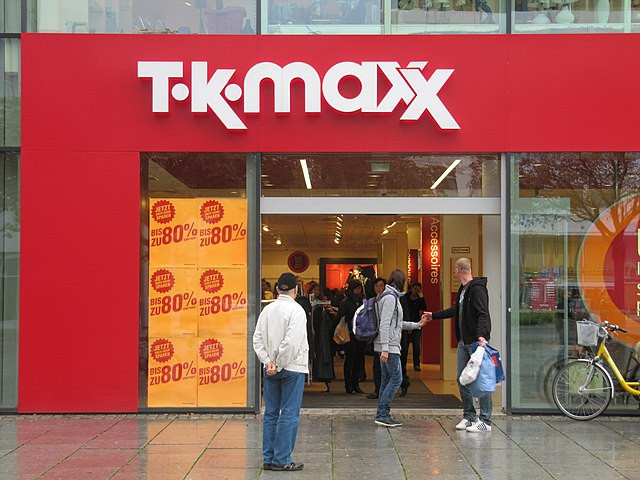Retailers in Southern California are adopting new security measures in response to a significant increase in shoplifting and flash mob robberies. Employees at major retail chains such as TJ Maxx, Marshalls, and HomeGoods are now wearing body-worn cameras, a practice more commonly associated with law enforcement, in an effort to deter theft and enhance safety.
Retail security personnel, clearly identified by their vests, are equipped with these body cameras to record interactions with shoppers. The move has sparked mixed reactions among customers. Some, like shopper Steve Manjarrez, see the cameras as a positive step. "I think that's great, to help self-police loss prevention agents who are going to be conducting their security controls here," Manjarrez said.
However, not everyone agrees. "A little too aggressive," commented one woman to KTLA's Sandra Mitchell. The debate highlights the balance retailers must strike between effective security measures and maintaining a welcoming shopping environment.
David Lazarus, a consumer reporter for KTLA, expressed skepticism about the efficacy of body cameras as a deterrent. "A potential shoplifter goes in the store, sees somebody wearing a tactical vest and says, 'Okay, I might get recorded, so I'm not going to do it,'" he explained. However, he noted that existing security cameras at entrances, overhead, and at cash registers have not significantly curbed theft. "File this under desperate times call for desperate measures," Lazarus added. "It might sound aggressive but doesn't really change the equation. Store employees are not going to be intervening with a shoplifter."
TJX Companies, Inc., the parent company of TJ Maxx, Marshalls, and HomeGoods, has defended the policy, stating that the primary goal is not only to deter theft but also to ensure the safety of both customers and employees. The company emphasized that footage from the body cameras would only be shared with law enforcement or under a subpoena.
John Klinger, Chief Financial Officer of TJX Companies, revealed during a May earnings call that the retailer hopes the presence of body cameras will deter potential thieves. "We hope that once people know they are being filmed, they will be dissuaded from stealing," Klinger said. He acknowledged that "shrink"-the industry term for lost or stolen merchandise-remains a significant concern. In 2022, retail theft accounted for $112.1 billion in losses, according to the National Retail Federation.
To combat these losses, other retailers like Target and Dollar General have also implemented changes, such as limiting or removing self-checkout options. These measures aim to reduce opportunities for theft, although they come with their own set of challenges and customer dissatisfaction.






